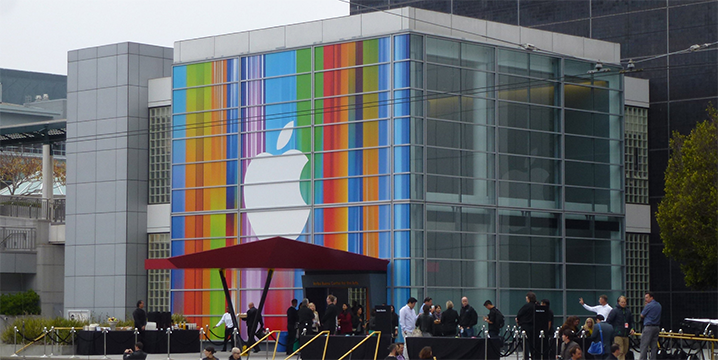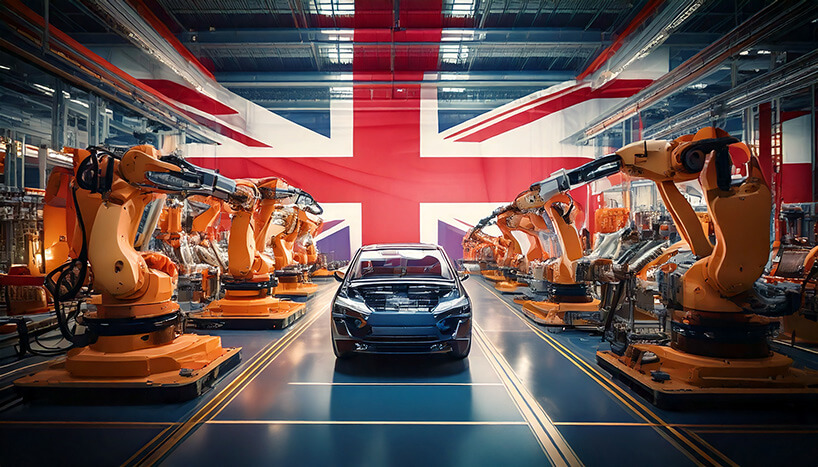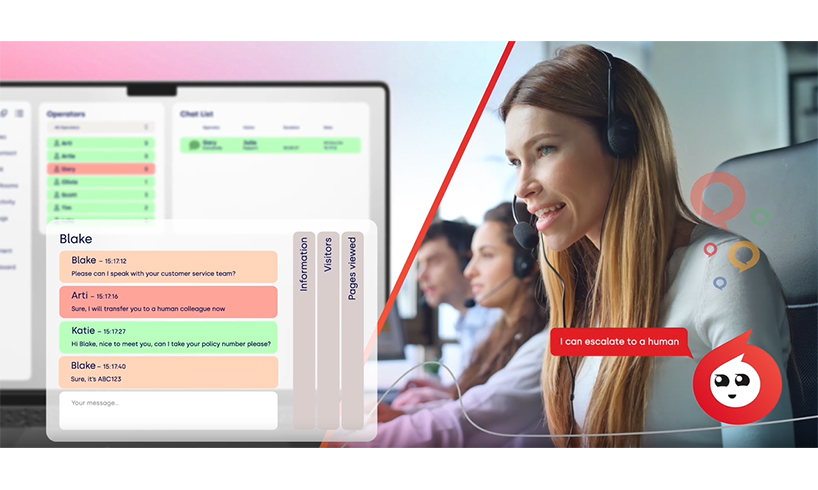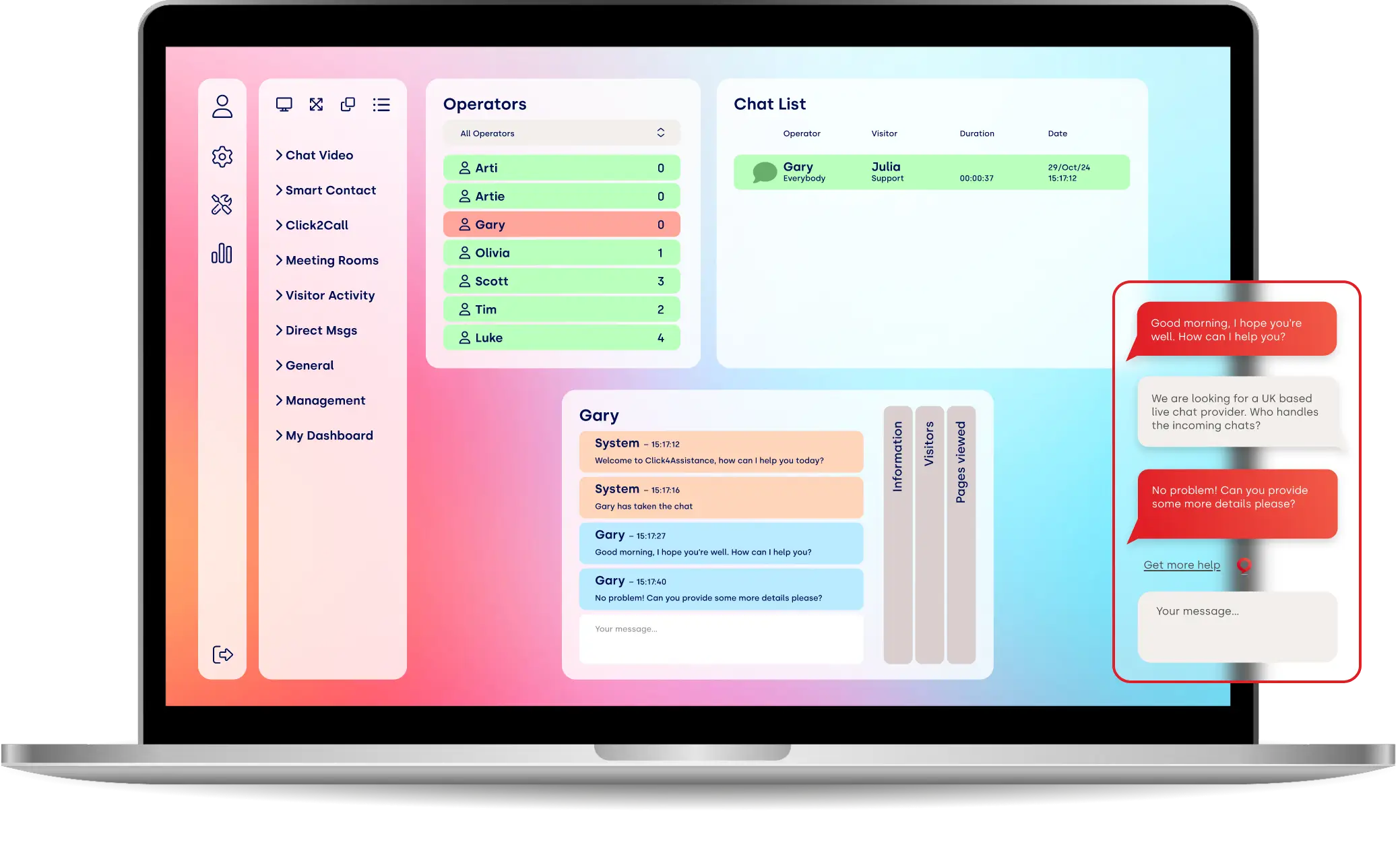Victory over Japan Day

The day Japan surrendered, the day that ended the war, the day that England pushed for Victory over Japan. Victory over Japan Day is celebrated in the UK on 15th August, the term also being used to describe the day Japan signed the surrender document on September 2nd 1945, officially ending the war.
Although winning the war was a great triumph for the rest of the world, Japan has definitely exceeded us in the technology industry!
Technology has seen huge growth over the last few years. The majority of people use technology as a part of daily routines, whether that be for educational, business, or personal use. The Japanese electronics industry is the largest consumer electronics industry in the world - no surprise there. Products such as Canon, Casio, Citizen and Fujifilm are just a few names in which crown Japan as the King of technology. They’re responsible for eminent brands including Sony, Toshiba and solar cells.
The Japanese electronics arena is one of the prominent and largest industries in the world and has been in the top three of countries with the most cars manufactured since the 1980s. The industry saw a rapid increase from the 1970s-1990s back when it was orientated for both domestic and worldwide use. After massive ramp up by China in the 2000s and fluctuating U.S output, Japan is now the 3rd largest automotive producers in the world. They’re home to Toyota, Honda, Mazda and Mitsubishi.
The industry has maintained its dominance in the market and continued exporting strength over America in the market due to the high reputation of its electronics. After plenty of years working with voluntary export restraints, seven of Japan’s firms’ located plants in the United States by 1980 and continued production of the most technologically advanced products. Less advanced products were still manufactured in developing countries with Southeast Asia.
The 21st Century brought finance issues for Japan which had an impact on their technology production. Since then, Japanese electronics companies struggled financially and lost market share. Japan has lost their dominant position in products like portable media players, televisions and semiconductors. Sony, Fujifilm and Panasonic are just a few brands that were struck with the economic crisis in 2008.
Japan is also known for its creation of Robots
They have plenty of employment in the tertiary sector. The different variations include Humanoid Entertainment Robots, Androids, Animal Robots and Social Robots. The robotic industry is more important to Japan than any other country in the world. It employs over a quarter of a million industrial robot workers. In the next 15 years, Japan estimates an increase to over a million, and they expect revenue for robots to be near $70 billion by 2025!
Back in 2015, U.S channel AMC teamed up with British channel, Channel 4, releasing a television series called ‘Humans’ which focused around the themes of artificial intelligence through ‘synths’ that were bought and welcomed to live with families to help about the house, to be a partner or a general companion. Some weren’t so happy, when the synths started taking over family roles – such as the mother. Was this TV series taking a guess at what the future may bring? Especially with Japan creating millions of robots and other technological oddities. With robots working in various different companies, no doubt we will be seeing them around the house sometime soon!
Even though all of the above seems exciting, robots being employed into certain job roles such as customer service may be a problem. When a client enters a shop, calls a helpline or starts a live chat, they expect the assistant or operator to be real and personalise their assistance around the customer’s needs. In order to do that, the sales assistant/representative needs to avoid sounding like a robot! Otherwise, customer service can lose its personal touch. When using live chat – specifically canned responses - it can be difficult to convey the emotion through text, making the operator look very robotic; which is why the feature should be used carefully. There are methods to ensure you avoid an impersonal interaction including:
-
Attempt to use the visitors name at least twice during the chat. Being addressed by name gives a more personal feel.
-
Ensure the answer is relevant to the question, don’t use stock answers that only partially answer the query
-
Remember to keep the visitor informed if you are looking for information
For more information on how our team can advise on best practice and help convey a less robotic customer service, contact 0845 123 5871 or email us at theteam@click4assistance.co.uk .
























